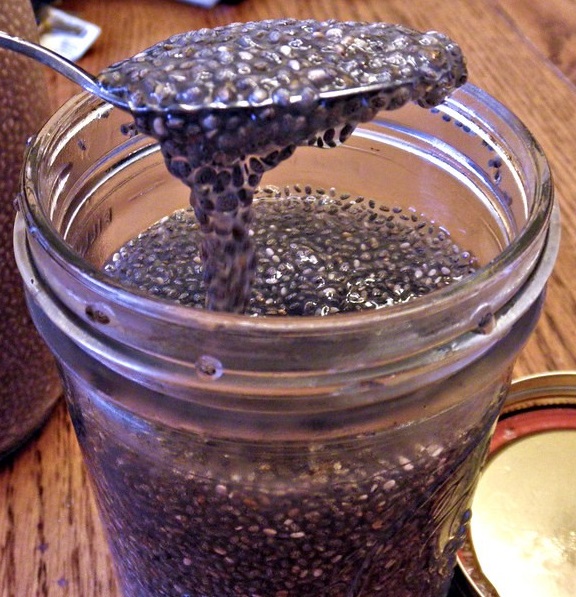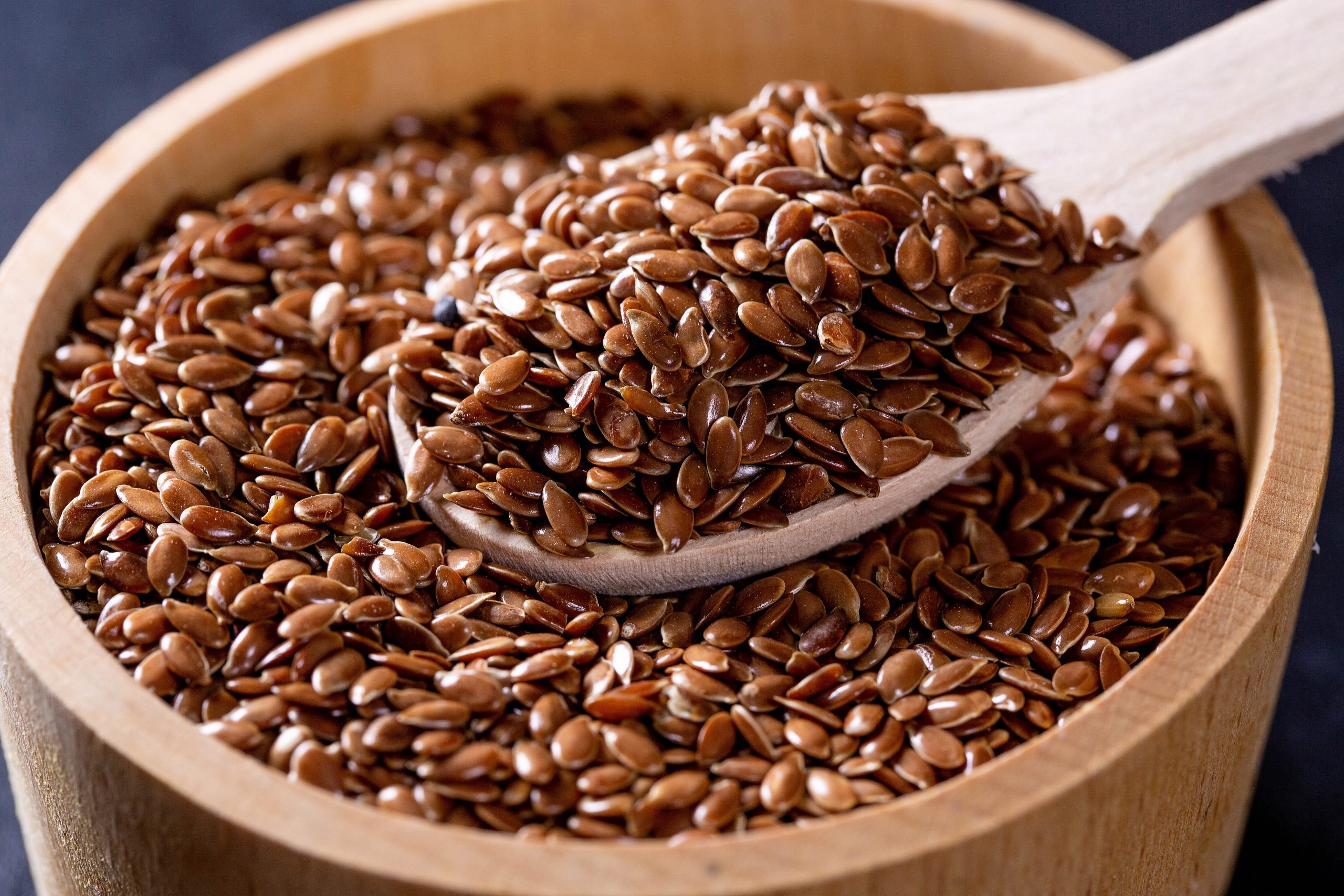
The ketogenic diet, known for its low-carbohydrate and high-fat approach, has gained popularity for its potential benefits in weight loss, blood sugar management, and increased energy levels. 🥑💪 As followers of the keto diet strive to minimize carb intake, it’s crucial to carefully select food options that align with the diet’s principles. One such food that often sparks curiosity among keto enthusiasts is chia seeds. In this comprehensive blog post, we will explore whether chia seeds are keto-friendly, their nutritional profile, and the potential benefits they offer within the context of a ketogenic diet. Let’s dive in! 🌟
Understanding the Ketogenic Diet: 🌾🍽️
Before we delve into the specifics of chia seeds, let’s briefly understand the ketogenic diet. The keto diet focuses on significantly reducing carbohydrate intake and replacing it with healthy fats. By limiting carbs, the body is forced to enter a state of ketosis, where it primarily burns fat for fuel instead of relying on glucose derived from carbohydrates. This metabolic shift can potentially lead to weight loss and increased ketone production. So, let’s see how chia seeds fit into this exciting dietary approach! 💥
Chia Seeds: A Nutritional Powerhouse: 🌱💪🌟
Chia seeds have gained a reputation as a superfood due to their impressive nutritional profile. These tiny black or white seeds, derived from the plant Salvia hispanica, are packed with essential nutrients that offer numerous health benefits. Let’s uncover their secrets! 🌟
- Low in Net Carbs: Chia seeds are low in net carbs, making them suitable for the ketogenic diet. A 1-ounce (28-gram) serving of chia seeds contains about 12 grams of carbohydrates. However, almost all of these carbs come from fiber, with very few digestible carbohydrates remaining. So, you can enjoy their goodness without worrying about derailing ketosis! 🙌🍃
- High in Dietary Fiber: Chia seeds are an excellent source of dietary fiber. A 1-ounce serving provides a whopping 10 grams of fiber. Fiber not only aids in digestion and supports gut health but also helps to promote a feeling of fullness, which can be beneficial for weight management. Feeling satisfied while on a keto journey? Yes, please! 😊🍃
- Rich in Healthy Fats: Chia seeds are a good source of healthy fats, including omega-3 fatty acids. These fats contribute to heart health, reduce inflammation, and support brain function. Omega-3s on a keto plate? Absolutely! 🐟💚
- Plant-Based Protein: Chia seeds offer a modest amount of plant-based protein. A 1-ounce serving contains around 4 grams of protein, which can contribute to meeting daily protein needs, especially for individuals following a vegetarian or vegan ketogenic diet. Plant-powered keto? It’s possible! 🌱🌿
- Packed with Micronutrients: Chia seeds are rich in various micronutrients, including calcium, magnesium, phosphorus, and antioxidants. These nutrients support bone health, energy metabolism, and overall well-being. The extra nutritional boost? Sign us up! 🌟💪
Chia Seeds and the Ketogenic Diet: 🥄🔥🌿
Now, let’s delve into the compatibility of chia seeds with the ketogenic diet:
- Low Net Carb Content: Chia seeds are considered keto-friendly due to their low net carb content. The majority of the carbohydrates in chia seeds come from fiber, which is not fully digested by the body and does not significantly impact blood sugar levels or interfere with ketosis. Chia seeds, the keto-approved warriors! 🌟🚀
- Promotes Satiety: The high fiber and healthy fat content in chia seeds can help promote feelings of fullness and satiety. This can be advantageous for individuals on a ketogenic diet, as it may reduce cravings and the temptation to consume carb-rich foods. Stay satisfied on the keto journey! 🙌😋
- Supports Nutritional Needs: Chia seeds provide a range of essential nutrients that can help meet nutritional requirements while following a ketogenic diet. They offer an excellent source of fiber, healthy fats, and micronutrients, making them a valuable addition to a well-rounded ketogenic eating plan. Nutritional completeness on keto? Absolutely achievable! 🌟💪🥗
- Versatile and Easy to Incorporate: Chia seeds are incredibly versatile and can be easily incorporated into a ketogenic diet. They can be used as a topping for salads, added to smoothies, used as a thickening agent in recipes, or even enjoyed as a pudding when mixed with liquids like almond milk or coconut milk. Endless possibilities for a delicious keto experience! 🌈🍓🥤
Potential Benefits of Chia Seeds on a Ketogenic Diet: 🌟💚
Beyond their compatibility with the ketogenic diet, chia seeds offer several potential benefits:
- Improved Digestive Health: The high fiber content of chia seeds supports healthy digestion, prevents constipation, and fosters a thriving gut microbiome. Happy tummy, happy keto journey! 😊🍃💩
- Heart Health: Chia seeds’ omega-3 fatty acids contribute to heart health by reducing inflammation, improving lipid profiles, and supporting optimal cardiovascular function. A healthy heart on a keto plate! 💚🏥❤️
- Blood Sugar Control: Chia seeds’ fiber content aids in regulating blood sugar levels by slowing down the absorption of glucose into the bloodstream. This can be particularly beneficial for individuals with diabetes or those aiming to maintain stable blood sugar levels. Keeping those sugar spikes at bay on keto! 🚫🍭📉
- Weight Management: The combination of fiber, healthy fats, and protein in chia seeds can support weight management efforts by promoting satiety, reducing calorie intake, and enhancing overall dietary satisfaction. Shaping your keto success story! 🌟📏😃
Incorporating Chia Seeds into a Keto Diet: 🌿🥄💥
To reap the benefits of chia seeds while following a ketogenic diet, consider the following tips:
- Mindful Portion Control: While chia seeds are low in net carbs, it’s important to consume them in moderation, as the calories can add up. A serving size of 1-2 tablespoons per day is generally recommended. Balance is key! ⚖️🌱
- Hydration is Key: Chia seeds absorb liquids and expand, forming a gel-like consistency. When consuming chia seeds, ensure proper hydration by drinking sufficient water throughout the day. Keep those chia seeds well hydrated for optimal keto results! 💦🌿🌟
- Experiment with Recipes: Get creative with incorporating chia seeds into your keto recipes. From adding them to keto-friendly baked goods to making chia seed puddings or using them as a crunchy topping for salads, the possibilities are endless. Let your keto culinary adventures begin! 🍽️🌈🧪
- Consider Personal Tolerance: While chia seeds are well-tolerated by most people, some individuals may experience digestive discomfort or allergies. Listen to your body and adjust your intake accordingly. Every body is unique! 🙏🌿💚
Conclusion: 🌱🔑🌟
Chia seeds can be a valuable addition to a ketogenic diet due to their low net carb content, high fiber content, and nutritional profile. They offer a range of potential health benefits, including improved digestive health, heart health, blood sugar control, and weight management. By incorporating chia seeds into your keto meal plan, you can enjoy their versatility, satiety-promoting properties, and micronutrient richness. Remember, maintaining a well-rounded and balanced ketogenic diet is essential for overall health. Consult with a healthcare professional or a registered dietitian to personalize your keto approach based on your specific needs, goals, and dietary considerations. Embrace the power of chia seeds on your keto journey! 🌟🌿💪












